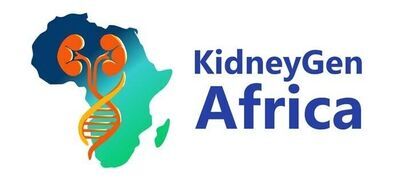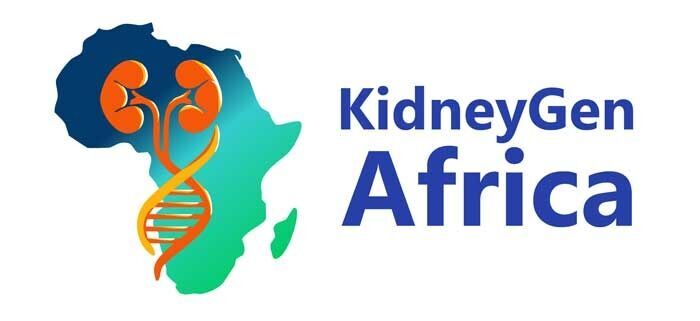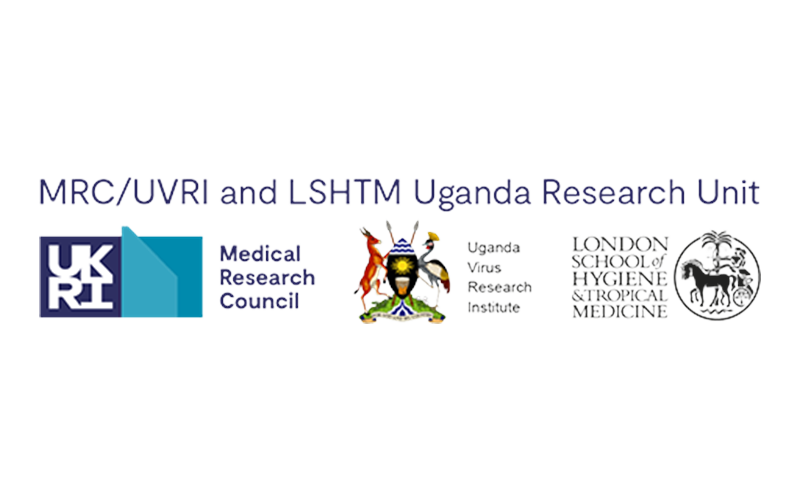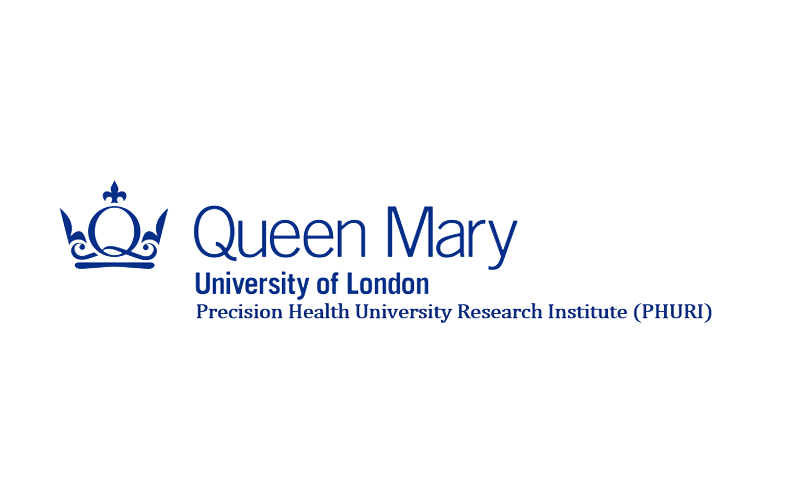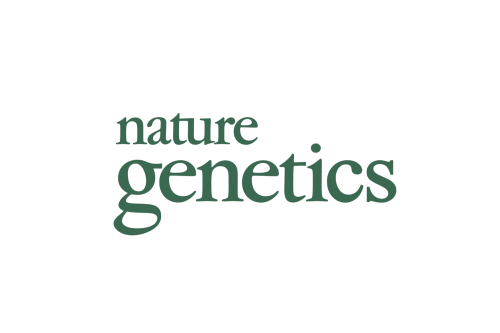
posted 20th August 2025
KidneyGenAfrica is a new pan-African partnership which aims to deliver research and training excellence in genomics of kidney disease. In a recently published Nature Genetics Comment, our team highlights the urgent need for such a consortium in Africa and presents the framework we have developed to make it a reality.
Chronic kidney disease (CKD) represents a major global health concern, contributing significantly to both morbidity and mortality, with over 850 million individuals estimated to be affected by some form of kidney disease globally, most of whom reside in low- and middle-income countries (LMICs). Its impact in Africa has been difficult to quantify due to inconsistencies in data collection across countries, amongst other factors. In addition, routine diagnostic tests based on creatinine-based estimates of glomerular filtration rate (eGFRcr)- have been shown to miss up to 20% of CKD in continental African populations.
Genome-wide association studies (GWAS) have highlighted ancestry-specific influences, including high-risk APOL1 variants and sickle cell disease, which could be essential to refine diagnostic tools and improve CKD detection in African populations. This is particularly relevant in resource-restrained settings, where kidney replacement therapy, as dialysis or transplantation, is either unavailable or prohibitively expensive. Therefore, methods that enable early detection, especially among high-risk groups, facilitate cost-effective, public health strategies to slow disease progression and reduce premature death.
African populations remain under-represented in global genomic research - despite their vast genetic variety and regional heterogeneity. To address this inequity, we established the KidneyGenAfrica s Consortium to build research capacity in the region and to advance CKD genomics research through large-scale data analyses. This consortium will consolidate existing research cohorts and networks to harmonise data, conduct large-scale genomic analyses and uncover ancestry-specific risk factors for kidney disease. In addition, we aim to build sustainable local expertise, by providing training, funding and collaborative networks for our early career African academics.
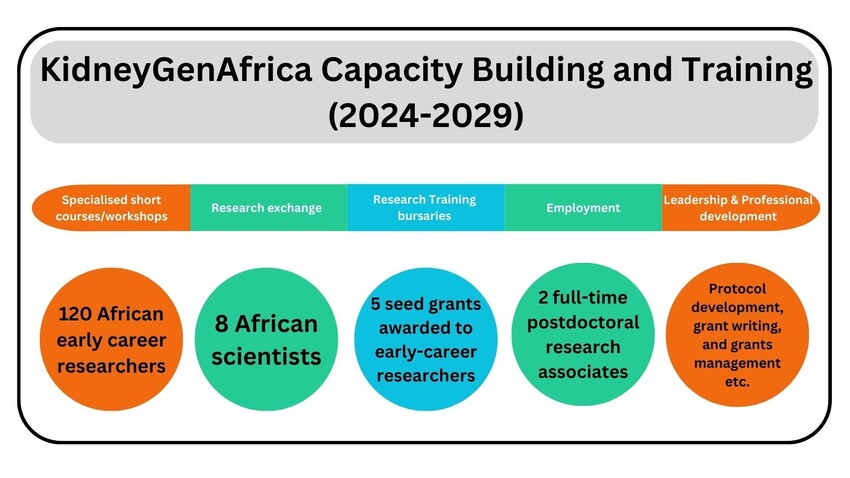
Professor Segun Fatumo, Professor and Chair of Genomic Diversity in Queen Mary University of London's Precision Healthcare University Research Institute (PHURI), co-director in the new partnership, said:
'KidneyGenAfrica will build long-term partnerships to maximise existing resources and ensure benefits for African populations. It will also build capacity by targeting early-career African researchers through PhD and postdoctoral training programmes and train them in genetic epidemiology and computational genomics.’ He went on: ‘It's our opportunity to ensure that African data and African expertise enriches global efforts to understand CKD.'
Dr June Fabian, Research Director at the Wits Donald Gordon Medical Research Institute, co-director of KidneyGenAfrica, said:
'As a nephrologist, I see every day, the devastating effects of kidney disease in underrepresented populations, yet the science that should inform better care has too often excluded Africa. KidneyGenAfrica is a chance to change that.' She added that: 'What excites me most is not only the opportunity to generate new insights into kidney disease, but also the commitment to training and building local research capacity. By investing in the next generation of African scientists, we are ensuring that solutions are developed by and for our communities, creating lasting improvements in health and care.'
Link to the full article: https://www.nature.com/articles/s41588-025-02299-8
